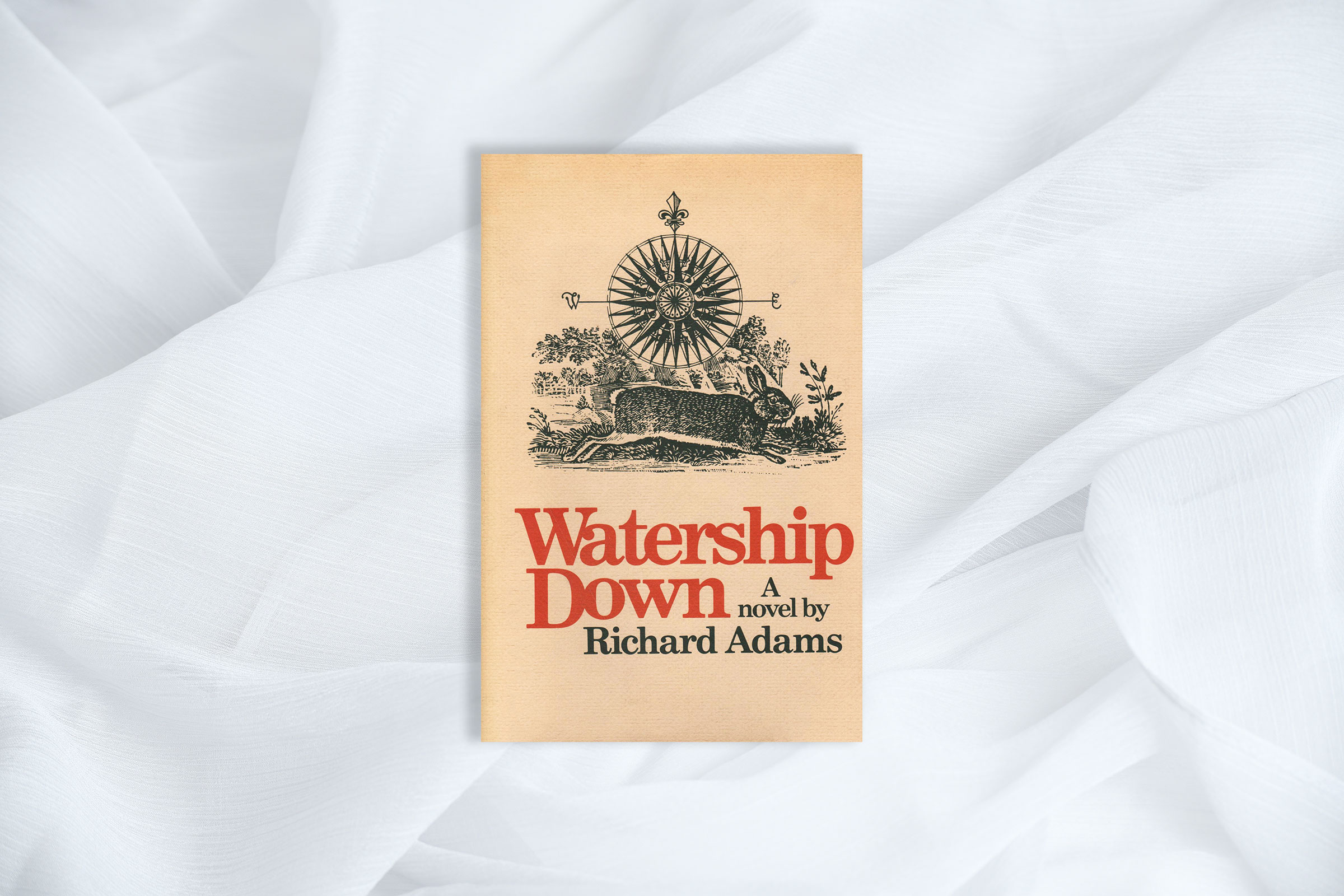Richard Adams’s classic tale of escape, adventure and survival—winner of the 1972 Carnegie Medal in Literature and the 1973 Guardian Children’s Fiction Prize—follows a group of rabbits as they flee a warren doomed by the encroachment of man. They head off in search of greener pastures and eventually settle on the hillside of Watership Down. Led by reluctant rabbit-in-chief Hazel, the budding colony must contend with various elil, the word for the thousand natural enemies of rabbits in Adams’s inventive Lapine language, as they seek a home where they can finally live in peace. Although Adams’s daughters, for whom he wrote the story, have said that he repeatedly disavowed any allegorical interpretations of his anthropomorphic fantasy—ranging from communism to Christianity—the late author didn’t mince words when it came to a message about humanity’s impact on the environment: “Men will never rest till they’ve spoiled the earth and destroyed the animals.” —Megan McCluskey
Buy Now: Watership Down on Bookshop | Amazon
- How Donald Trump Won
- The Best Inventions of 2024
- Why Sleep Is the Key to Living Longer
- Robert Zemeckis Just Wants to Move You
- How to Break 8 Toxic Communication Habits
- Nicola Coughlan Bet on Herself—And Won
- Why Vinegar Is So Good for You
- Meet TIME's Newest Class of Next Generation Leaders
